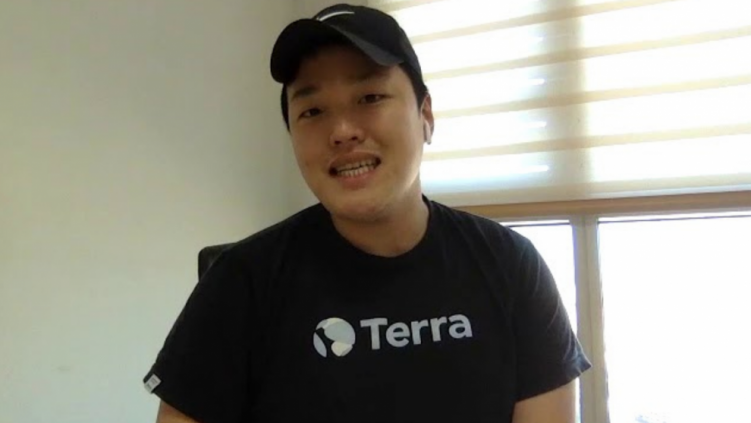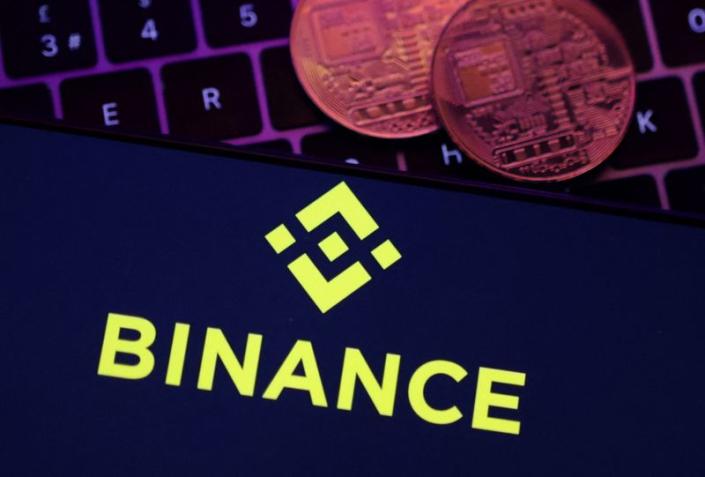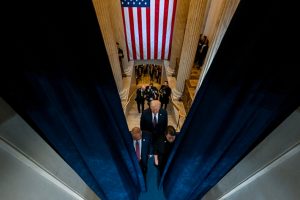The market capitalization of Tether stablecoin has risen by about $2 billion this week, according to coinmarketcap.com analytics site.
Most of the money has flowed out of Binance’s stablecoin, which saw withdrawals totalling close to $2.5 billion this week after US regulators put a spotlight on the cryptocurrency.
Most of the money shifted from Binance USD into Tether, another so-called stablecoin where tokens have a $1 value, Binance boss Changpeng Zhao said on Twitter.
“(The) landscape is shifting,” Zhao remarked.
Stablecoins are used for trading between crypto tokens and between crypto and traditional assets.
ALSO SEE:
Top China Dealmaker Bao Fan Disappears, Bank Stock Plunges
NY tells Paxos to stop minting tokens
Binance USD is the third-biggest stablecoin behind Tether and USD Coin. Tether’s market capitalisation is a measure of the amount of money held in Tether.
On Monday the New York Department of Financial Services said it ordered the firm behind Binance USD, Paxos Trust Company, to stop minting the tokens.
Paxos said it was also told by the US Securities and Exchange Commission that the firm, which is based in New York, should have registered the stablecoin product as a security.
Binance’s native token, Binance Coin, fell on the news but has since recovered and was last steady at $306.96.
On Thursday, Reuters reported that the Binance crypto exchange had secret access to a bank account belonging to its purportedly independent US partner and transferred $400 million to a trading firm managed by Zhao in early 2021.
SEC monitoring crypto exchanges
The role of trading firms at crypto exchanges such as industry leader Binance has been under scrutiny since rival FTX collapsed in November.
Trading firms often play a “market-making” role, typically buying and selling assets to deepen an exchange’s trading volume and thus facilitate dealing. The market maker profits from the difference, or “spread,” between the prices bid by buyers and asked by sellers.
The SEC has accused FTX founder Sam Bankman-Fried of secretly diverting billions of dollars in customer funds to his trading firm, Alameda Research, which functioned as a market maker on the exchange.
Alameda received “undisclosed special treatment” on the FTX platform that concealed the flows, the SEC alleged in its December complaint against Bankman-Fried, who has pleaded not guilty.
The SEC’s chair, Gary Gensler, said on February 10 that crypto exchanges, in general, were “co-mingling customer funds with their businesses” by also operating as broker-dealers and hedge funds that were trading against their own clients.
Gensler did not single out Binance or other exchanges in his comments, but said firms should expect more enforcement actions by the agency.
“We don’t let the New York Stock Exchange also run a hedge fund and trade on the exchange. Why would we do it here?” Gensler said.

SEC charges Do Kwon, Terraform Labs with fraud
Meanwhile, in related news, the US Securities and Exchange Commission (SEC) has charged Terraform Labs and its founder and CEO, Do Kwon, seen here in a YouTube screengrab, with defrauding investors.
At the beginning of May 2022, the $60 billion Terra blockchain ecosystem collapsed over a matter of days after its algorithmic stablecoin, Terra USD, lost its crucial $1 price peg and experienced a bank run.
“We allege that Terraform and Do Kwon failed to provide the public with full, fair and truthful disclosure as required for a host of crypto asset securities, most notably for LUNA and Terra USD,” SEC chair Gary Gensler said.
As the complaint alleges, from April 2018 to May 2022, Terraform and Kwon raised billions of dollars from investors by offering an “inter-connected suite crypto asset securities, many in unregistered transactions.”
Those assets included security-based swaps designed to mirror the price of stock of US companies and Terra USD the algorithmic stablecoin and the Terra ecosystem’s native cryptocurrency, Luna.
Gensler said the agency also alleges both Terraform and Do Kwon committed fraud by repeating false and misleading statements to build trust before the Terra blockchain ecosystem’s collapse.
The implosion hastened the default of crypto hedge fund Three Arrows Capital in June, spreading financial contagion between high risk centralized lending and borrowing crypto firms. Five other crypto firms — Celsius, Voyager, FTX, BlockFi and Genesis — have since filed for bankruptcy.
An arrest warrant has been issued for Do Kwon in his native country South Korea. According to South Korean police reports, Kwon’s last known location was Serbia.
- Reuters with additional editing by Jim Pollard
NOTE: This report was updated on February 17, 2023 with details about the SEC’s charges against Terraform Labs founder Do Kwon.
ALSO SEE:
G20 Considering Whether to Regulate Crypto, Indian Minister Says
China to Set Up Blockchain Research Centre in Beijing – SCMP
New FTX Chief Slates ‘Complete Failure of Corporate Control’
Stablecoin Crash That Shook Crypto: All You Need to Know
























